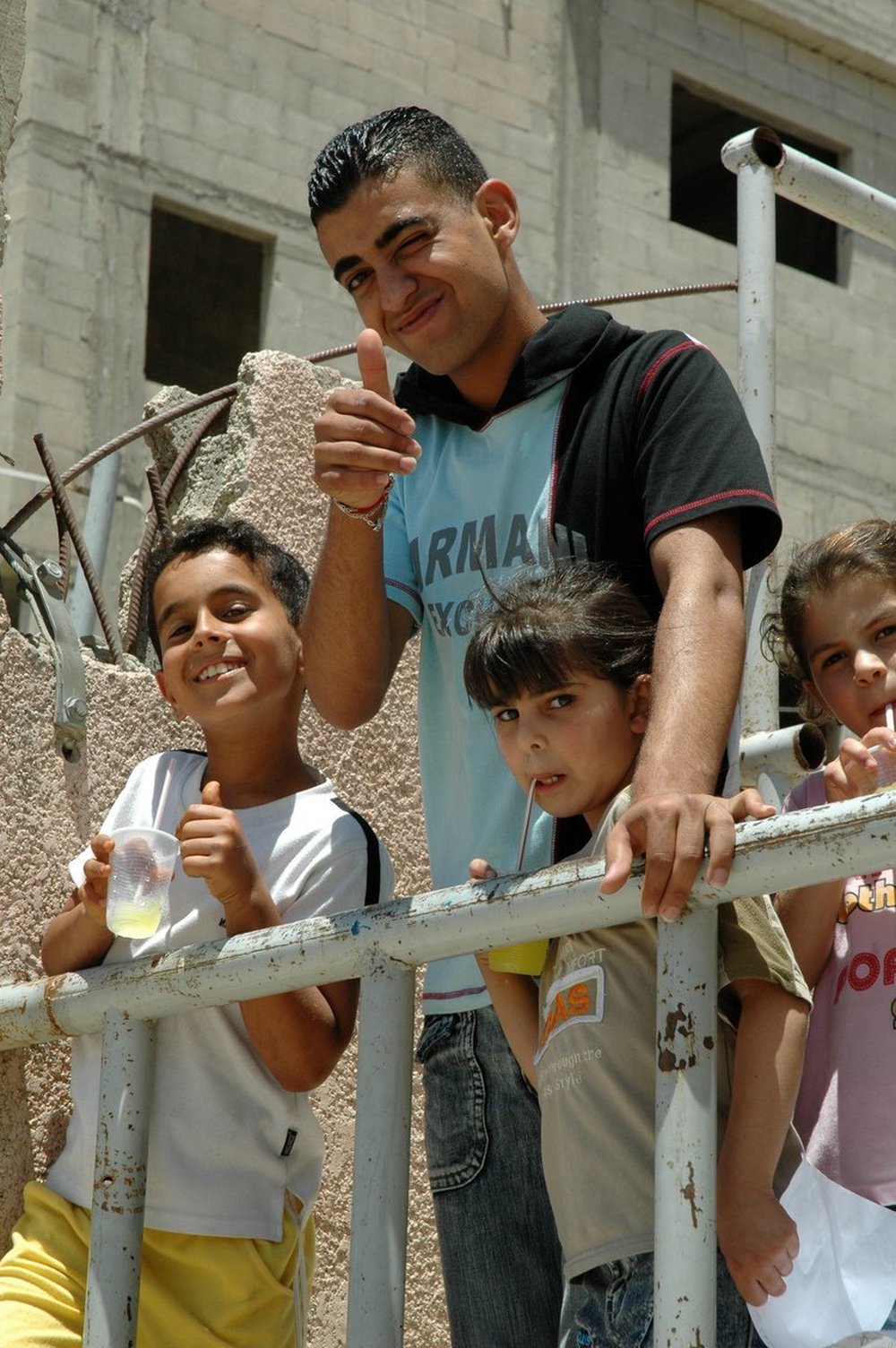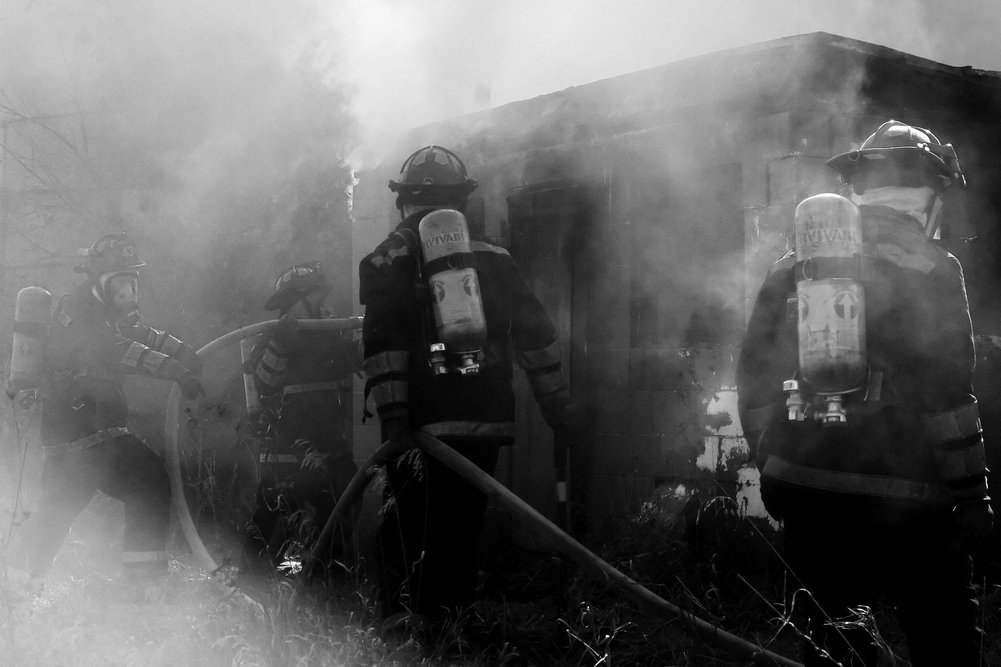
Guide To Volunteering in War or Conflict Zones
March 30, 2020



When it comes to volunteering abroad, one of the areas that are always open is to volunteer in conflict countries. Amidst the tears, gunshots, and blood that some of the countries face, there are still children, vulnerable people and even animals who need someone to show that humanity still exists. Needless to say, volunteering in a war zone or area in conflict requires a lot of precautions and preparations.

Volunteering in Conflict Zones

- Ask why you want to go: Just like any other form of volunteerism, you need to search deeper and ask yourself why it matters to you to go to a war-torn or conflict area. Are you doing it for compassion, or is there another drive that is pushing you? Take some time to do self-evaluation to know your level of self awareness and how it is influencing your decisions.
- Identify your skills: Once you have self-evaluated and you are convinced that you have enough reasons to go, you should then ask yourself what value you are going to add. What are your skills, and where do you think you are needed? For instance, if you are veterinarian, maybe you are better off working at a shelter that rescues abandoned animals.
- Acknowledge your weaknesses: Even as you list your strengths, you should not forget to acknowledge your shortcomings. For instance, if you have just gotten an osteoarthritis diagnosis, it would not make sense to want to volunteer near a battlefield where you have to move a lot.
- Find a renowned organisation: When it comes to volunteering in war-torn countries, or in places that have constant conflict, a good way to go about it is by engaging with organisations that have worked in such areas. They always have some training and safety measures that you can take while volunteering.
- Prepare your family: It would be unfair for you to take your stuff and leave for such an assignment without letting your family know well in advance. Give them all the information about the country you plan to go to, the area you will be, the address, contact details and everything they might need if they want to find you.
- Do more research: Even after you have established that you want to go and volunteer in a war-torn country, you need to put extra time on reading personal testimonies of people who have done it before so that you can be in the right frame of mind while preparing for the volunteer work.
- Anticipate challenges: Depending on where you go, conflict areas tend to have electricity cuts, days when there is no food, anxieties and they can even endanger your life. Learn when to stop and return home. Do not push yourself too much. Lastly, remember to create good memories and change lives in little ways as much as possible.

You May Also Like

Community volunteer work and its benefits
May 14, 2019
Benefits of volunteering abroad
November 4, 2019


